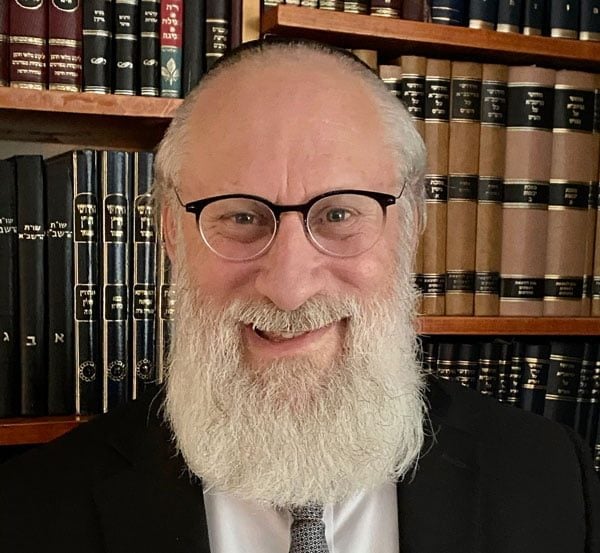Chanukah: Why We Celebrate. By Rabbi Yerachmiel D. Fried

Hello Rabbi,
Something bothers me about Chanukah, which is not really specific to Chanukah but to all the holidays, just I have Chanukah on my mind at the moment. I understand that winning against the Greeks back then was probably a very big deal to the Jews of that time, and I’m sure they were pretty amazed that the oil burned longer than it was supposed to. But that was a very long time ago, and the Syrian Greeks mean nothing to us now; they are long gone; I don’t really get why we need to celebrate an isolated incident that happened so long ago and has nothing to do with us today. More so, it’s hard to see how someone like me should actually be “happy” about those ancient occurrences that make no difference any more. I’m rambling now, but this has bothered me for a long time and I finally have the chutzpah to express it.
Zachary L.
Dear Zachary,
Great question!! I would wager many Jews have the same question but never had the “chutzpah” to ask it! Thanks for sharing your thoughts.
Time, unlike its meaning in the secular world, in Judaism is not only a continuum or a straight line. The concept of time in Judaism is more like a circle or a spiral. We, the Jewish people, travel through time around that circle, which takes an entire year to traverse its circumference. There are approximately 365 points on that circle, which we call days, various important occurrences have taken place on some of those points, when the Al-mighty revealed Himself to the Jewish people in a very open, profound manner.
For example, G-d took us out of Egypt in a miraculous way. The day that happened became a light, a point of illumination on the circle which we refer to as the holiday of Passover. This is true for every point of direct and open revelation in our history, such as speaking to us and gifting our people with the Ten Commandments at Sinai. That day became a point of great illumination on the circle which we call Shavuos.
Our belief is that every time we traverse that circle, the same exact level of illumination that was revealed at that time in Jewish history is present when we arrive at the point, or date, on the circle. If one would tap into it through careful study, contemplation and meditation, any Jew could, actually, experience the same feelings of joy, ecstasy and revelation that the Jewish people felt when it actually occurred.
We learn from this that a holiday is not just something we do or observe; it’s an opportunity to open a window on the past. We can climb into that window and reconnect to a world beyond the world we live in and assimilate its spiritual energy into the world in which we live.
The Talmud explains that when the miracle of Chanukah occurred, the sages did not, in fact, enact the holiday of Chanukah that very year, but they waited until the following year to establish it as a holiday for all time. Why would they wait a year rather than establishing it immediately?
The answer is, Chanukah is not a holiday written in the Torah; it was not a time that G-d openly revealed His countenance before the entire nation. It was, rather, what is known as a “hidden miracle” in comparison to the splitting of the sea and the like.
In order for it to become a holiday for posterity, it needs to be proven that it became a “point on the circle”, a time of illumination which can be felt by those who tune into its power and energy. They needed to wait till the following year to test the date and see if the sages of the time; those who were truly tuned in and had their antennae up, could discern its holiness.
When they saw they indeed felt the holiness of the day that they felt the previous year when the miracle occurred, they established it as a day of rejoicing for all time; a period which Jews could tap into and be joyous with, learning its timeless messages of trust, hope and belief forever! A joyous last few days of Chanukah to all!




